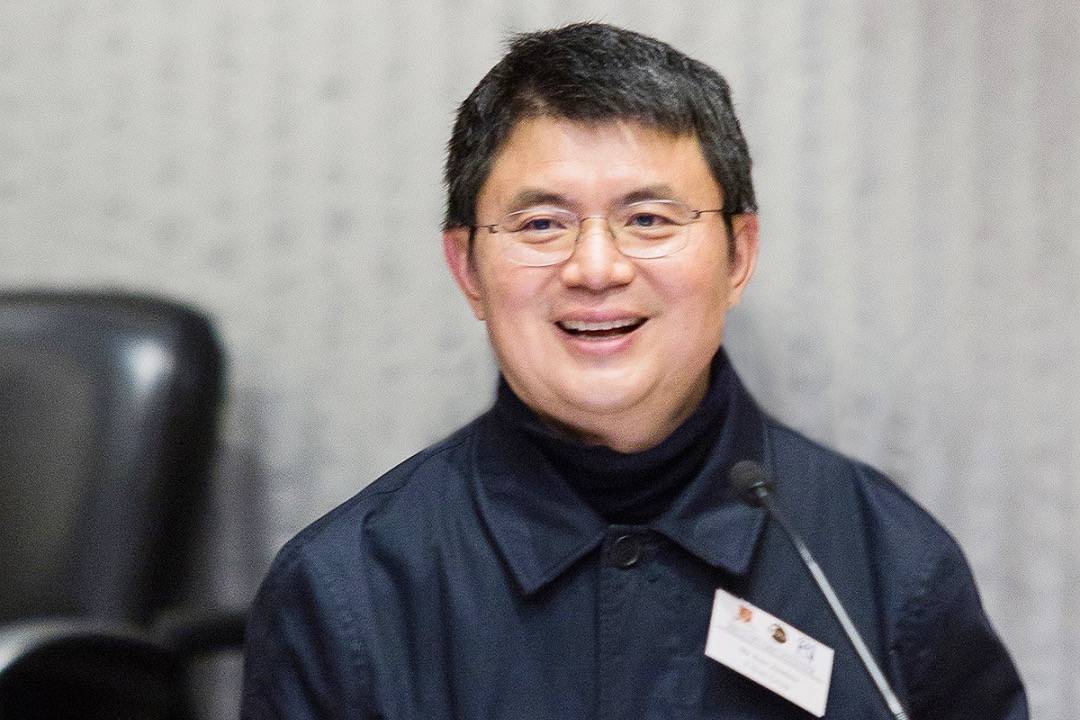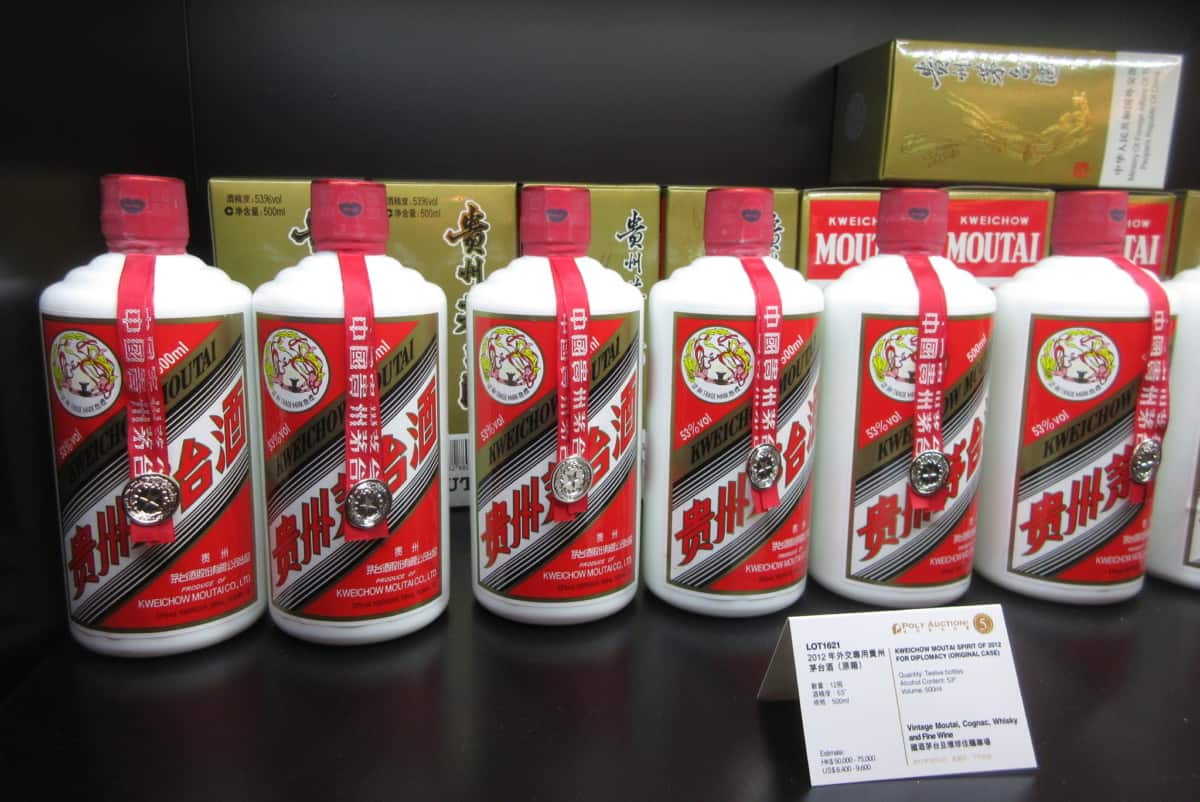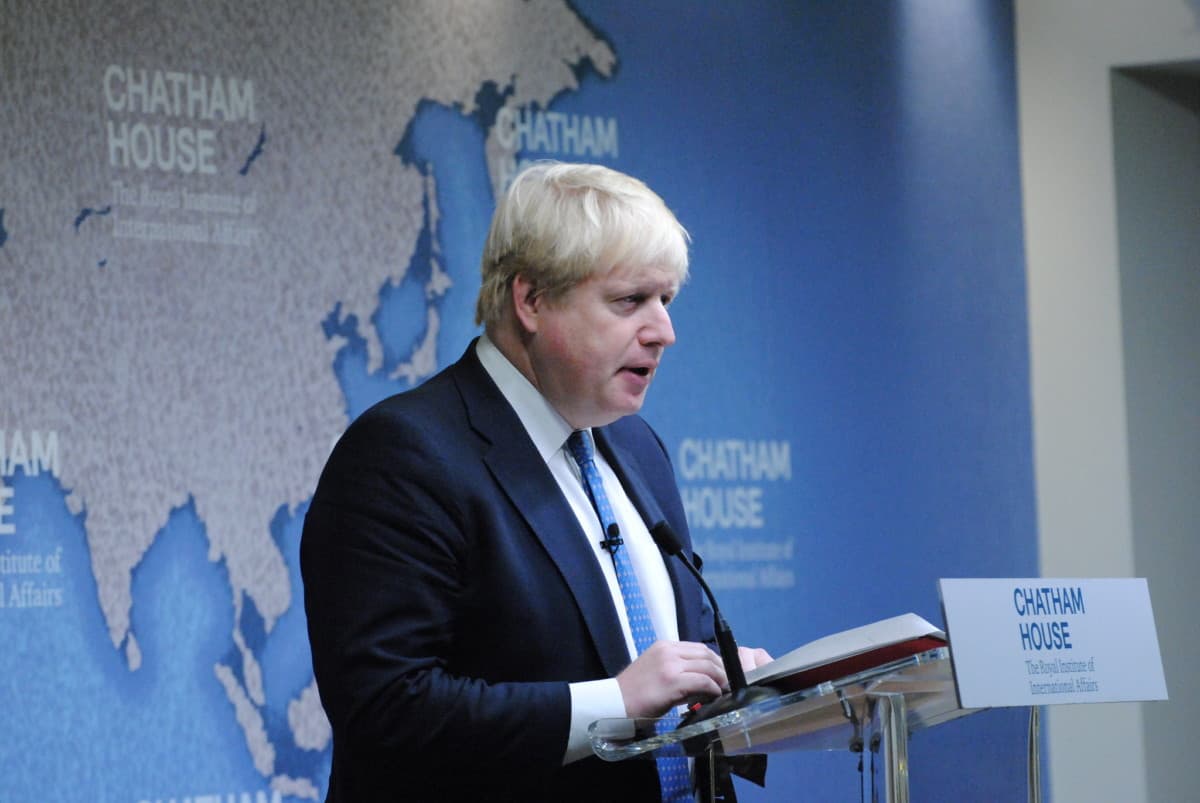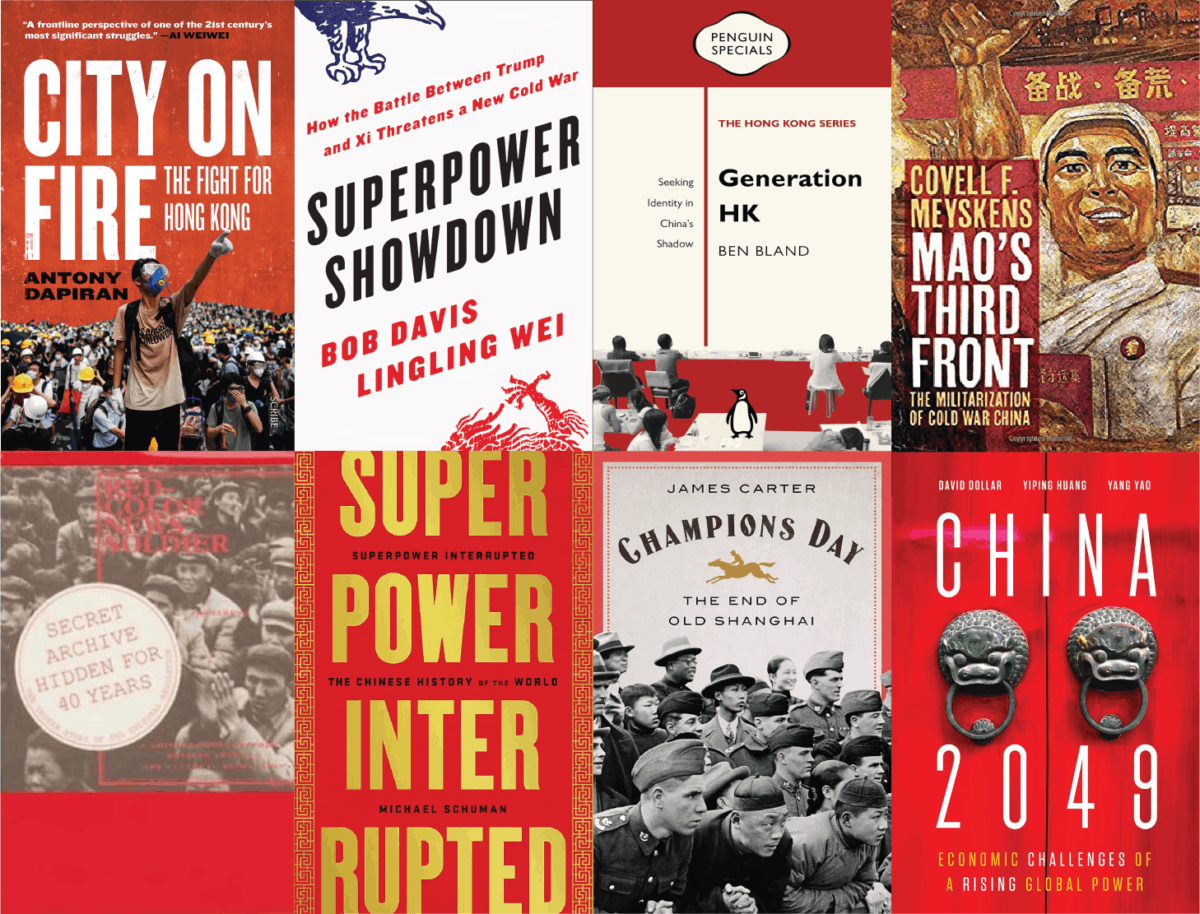Good evening. Many of you are likely familiar with the Chinese drinking tradition of ganbei, when drinkers toast and empty their cups. The custom feels appropriate for this week’s issue since we’re taking a look at Kweichow Moutai, makers of baijiu and the world’s most valuable liquor company, as well as a variety of stories where opportunity and enthusiasm can lead to excess, overreach, and a bad hangover. If you’re not already a paid subscriber to The Wire, please sign up here.
Want this emailed directly to your inbox? Sign up to receive our free newsletter.

Alibaba’s Big India Bet
Valued at $16 billion during its last fundraising round, digital payments app Paytm is India’s hottest startup. And with considerable backing from Alibaba, it is representative of China’s recent push into India — the world’s second largest and fastest growing internet market. A decade ago, Chinese investment in India was negligible. Today, 18 of India’s 30 most valuable “unicorns” — or startups worth at least $1 billion — are backed by Chinese investment firms. But can Chinese-backed firms like Paytm survive increased competition from U.S. firms and rising geopolitical tensions?

Credit: Chinese University of Hong Kong
China Seizes Tycoon’s Assets
Billionaire financier Xiao Jianhua was one of China’s richest men when he disappeared one night in 2017. Now, in a dramatic move on Friday, the Chinese government seized control of his flagship Tomorrow Group, a sprawling and secretive financial conglomerate encompassing banks, brokerages, insurance and trust companies, publicly traded firms and investment vehicles that together were once worth more than $100 billion. The decision, reported by The Wire’s David Barboza, marks another stage in Beijing’s efforts to rein in the financial services industry as well as some of the country’s biggest tycoons.

Credit: HunagnTwuai, Creative Commons
The Big Picture: Kweichow Moutai, China’s Most Valuable Stock and the World’s Most Valuable Liquor Company
In March, Kweichow Moutai became the world’s most valuable liquor company, and in June it became China’s most valuable stock. Though many outside of China may not have heard of it, this largely state-owned Chinese company’s main product is a liquor called baijiu, a white spirit distilled from sorghum. How and why did Kweichow Moutai become so valuable? In this week’s Big Picture we introduce readers to Kweichow Moutai and explain some of the reasons behind its rise.
A Q&A With Susan Shirk

A well-known name in the field, Susan Shirk has covered China for several decades as a researcher and as a diplomat. Her books China: Fragile Superpower, The Political Logic of Economic Reform in China, and Changing Media, Changing China are canonical texts in American university courses on Chinese politics. In this week’s interview with The Wire’s Katrina Northrop, she discusses what makes Xi Jinping’s leadership different from that of former Chinese heads of state, and why she won’t be surprised if, one day, we see an organized elite resistance to Xi.
Susan Shirk
Illustration by Lauren Crow

Credit: Chatham House, Creative Commons
China’s Deepening Geopolitical Hole
This week the U.K. reversed its stance towards Huawei when it announced a new ban of Huawei equipment in its 5G infrastructure — a major blow to the Chinese tech champion’s global ambitions for 5G expansion. As the United States leads the charge against Huawei, and more countries like the U.K. fall in step, China finds itself losing important allies and may be tempted to retaliate. But as political scientist and Claremont McKenna professor Minxin Pei argues in this op-ed, that temptation might ultimately boomerang.

Books to Bridge the Gap
It has long been unfortunate that China knows more about Western culture and history than vice versa. Beijing schoolchildren learn about ancient Greek philosophers in school, then go home and watch “The Big Bang Theory.” Ask an American teenager about Confucius or the “Wolf Warrior” movies, and you might start to worry that any upcoming cultural struggle between East and West is on unequal information footing. That is why, with U.S.-China relations at a new low point, it is so essential to read up on Chinese history, society and politics, so as to bridge that gap.
Subscribe today for unlimited access, starting at only $19 a month.



